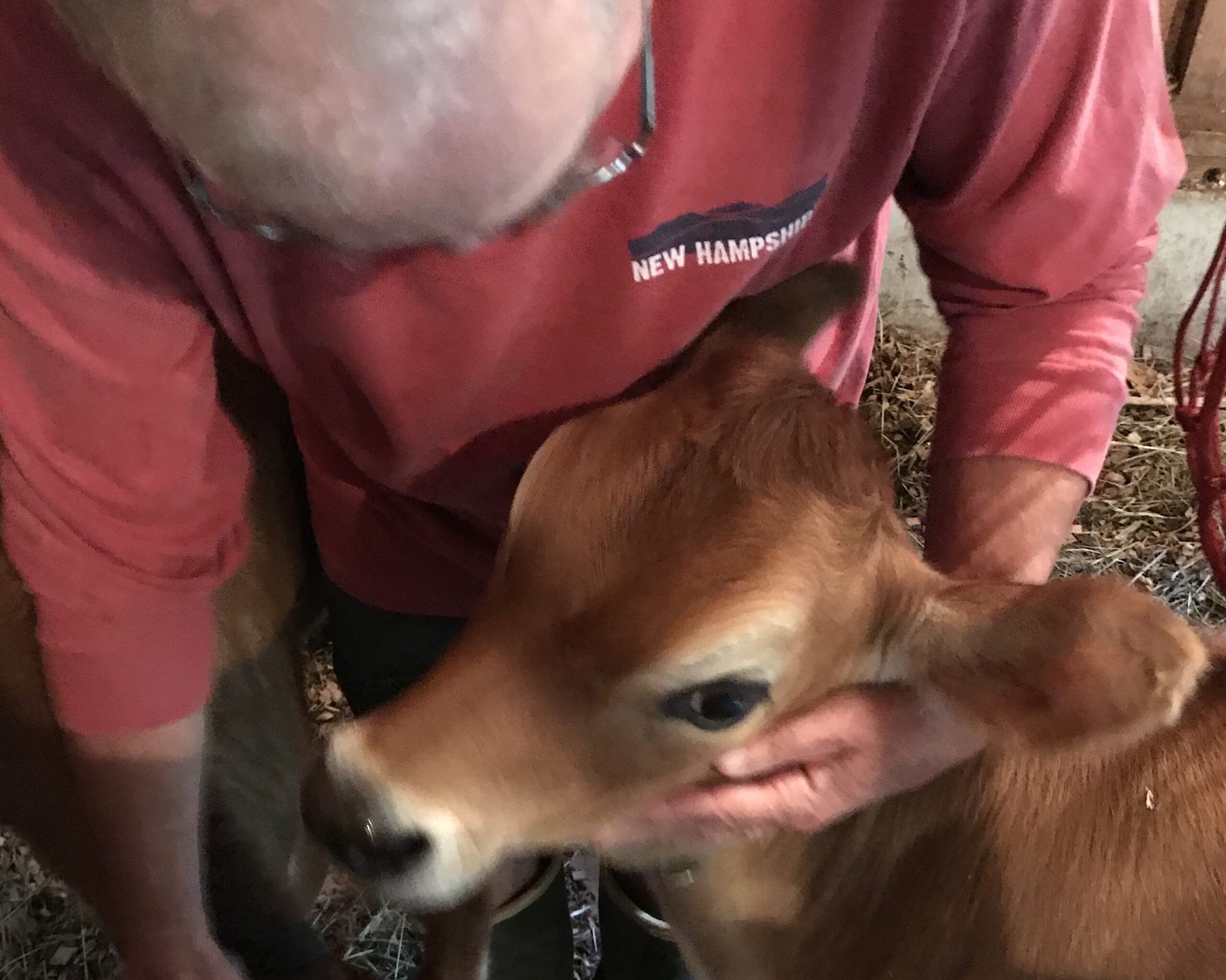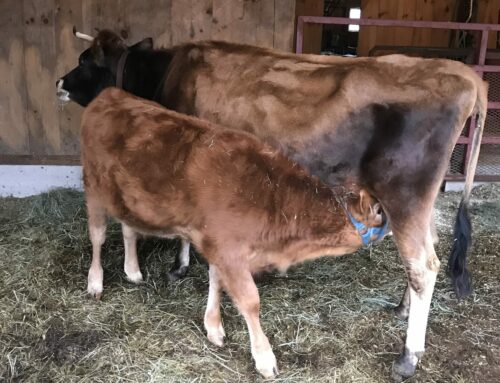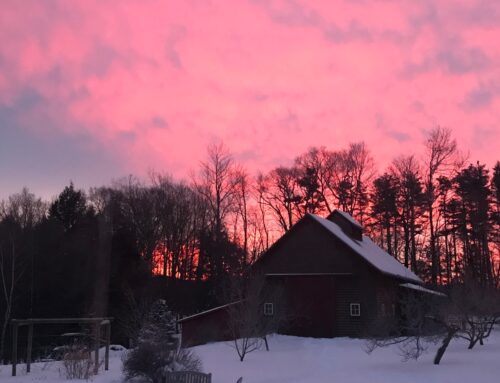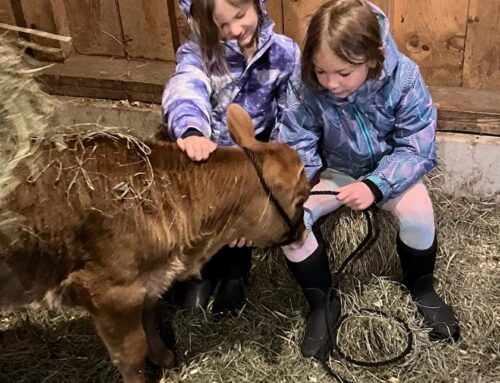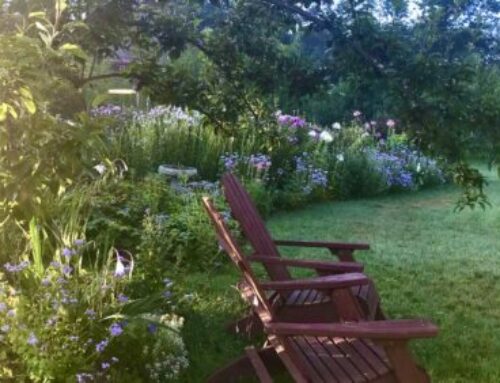Let’s begin with the definition of love:
noun. 1. a deep and tender feeling of affection for or attachment or devotion to a person or thing. 2. an expression of one’s love or affection — Collins English Dictionary
It is easy to experience love if your farm includes animals, as our hearts naturally connect with warm blooded creatures who can look us in the eye and express affection. I find that when it comes to the land: gardens, fields, orchards and the surrounding ecosystem, that beauty is a key to feeling love.
Perceiving the beauty and possibility of the land we steward is a foundational step in our farming practice. Beauty warms us and inspires gratitude for that which we perceive as beautiful. It makes us want to connect more deeply with the ecosystem in which we live and work. We become consciously aware that the land is a living organism having interconnected parts: soils, water, plants, animals, insects, birds, humans, and all of the unseen energies that influence them. This awareness brings gratitude. When I am grateful, my heart softens and the tenderness and affection of love can grow into devotion in my work on the farm.
Love engages me fully: mind, heart and will. Perhaps as Wendell Berry suggests, love is why farmers farm.
“Why do farmers farm, given their economic adversities on top of the many frustrations and difficulties normal to farming? And always the answer is: “Love. They must do it for love.” Farmers farm for the love of farming. They love to watch and nurture the growth of plants. They love to live in the presence of animals. They love to work outdoors. They love the weather, maybe even when it is making them miserable. They love to live where they work and to work where they live. If the scale of their farming is small enough, they like to work in the company of their children and with the help of their children. They love the measure of independence that farm life can still provide.”― Wendell Berry, Bringing It to the Table: On Farming and Food

